8 Real-World Uses of Outdated Tech
We're used to upgrading our tech every few years—new iPhones, struggling processors, graphics cards that can't handle the latest games. Old hardware often gets resold or tossed. But many outdated devices remain surprisingly functional, even indispensable. Here are eight examples of vintage tech still holding its own.
Table of Contents
- Retro Computers Mining Bitcoin
- A Reliable Mechanic's Assistant Since the '80s
- Vintage Tech as a Bakery POS System
- Outdated Systems Managing Nuclear Arsenals
- Windows XP Powers Multi-Billion Dollar Aircraft Carrier
- Critical Airport Infrastructure Fails Due to Legacy Software
- Classic Hardware Used for Cutting-Edge Research
- Nostalgia Keeps Old Systems Alive
Retro Computers Mining Bitcoin
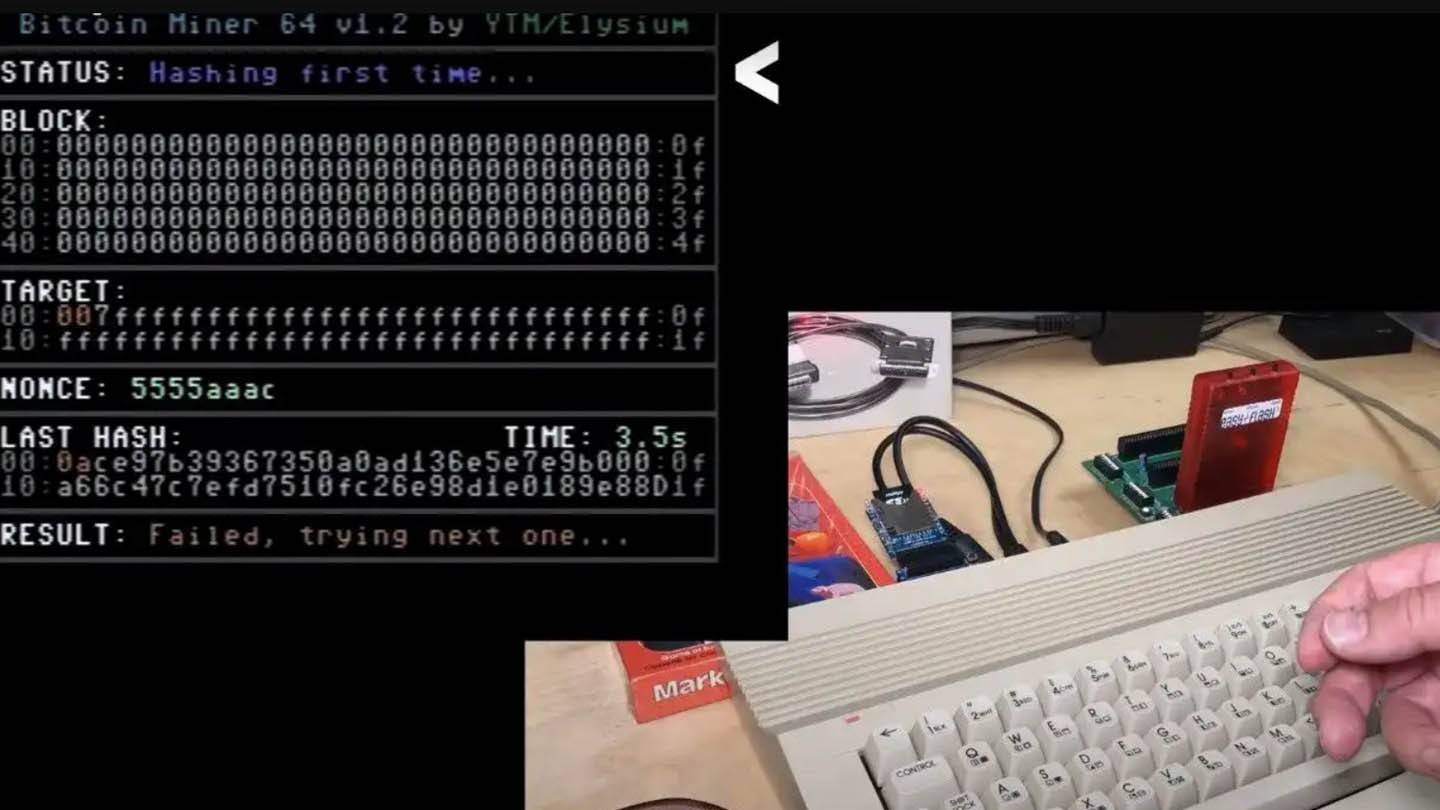 Image: x.com
Image: x.com
Believe it or not, a Commodore 64 (from 1982!) has been used to mine Bitcoin. The results? A paltry 0.3 hashes per second thanks to its 8-bit, 1 MHz processor. Compare that to an RTX 3080 GPU's 100 million hashes per second. Mining a single Bitcoin with the C64 would take, conservatively, about a billion years.
Similarly, YouTuber stacksmashing mined Bitcoin using a 1989 Nintendo Game Boy, connected to the internet via a Raspberry Pi Pico. The Game Boy clocked in at 0.8 hashes per second—slightly faster than the C64, but still about 125 trillion times slower than modern ASIC miners. Mining one Bitcoin? Longer than the universe has existed.
A Reliable Mechanic’s Assistant Since the '80s
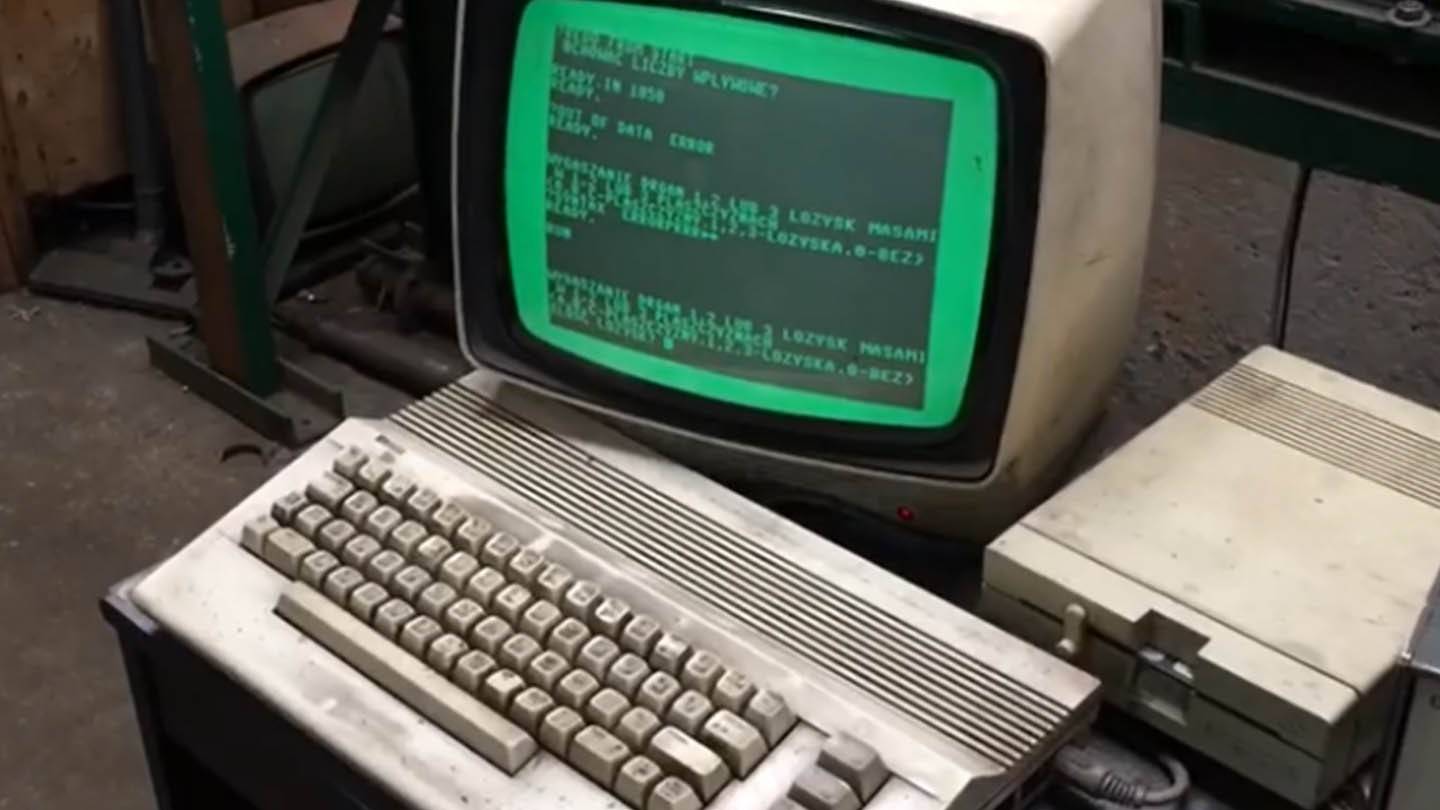 Image: x.com
Image: x.com
In Gdansk, Poland, a Commodore 64C has assisted mechanics for over three decades. It even survived a flood! This 1 MHz, 64 KB machine flawlessly calculates drive shaft measurements, running custom software created by the business owner—proving that sometimes, older tech outlasts the new.
Vintage Tech as a Bakery POS System
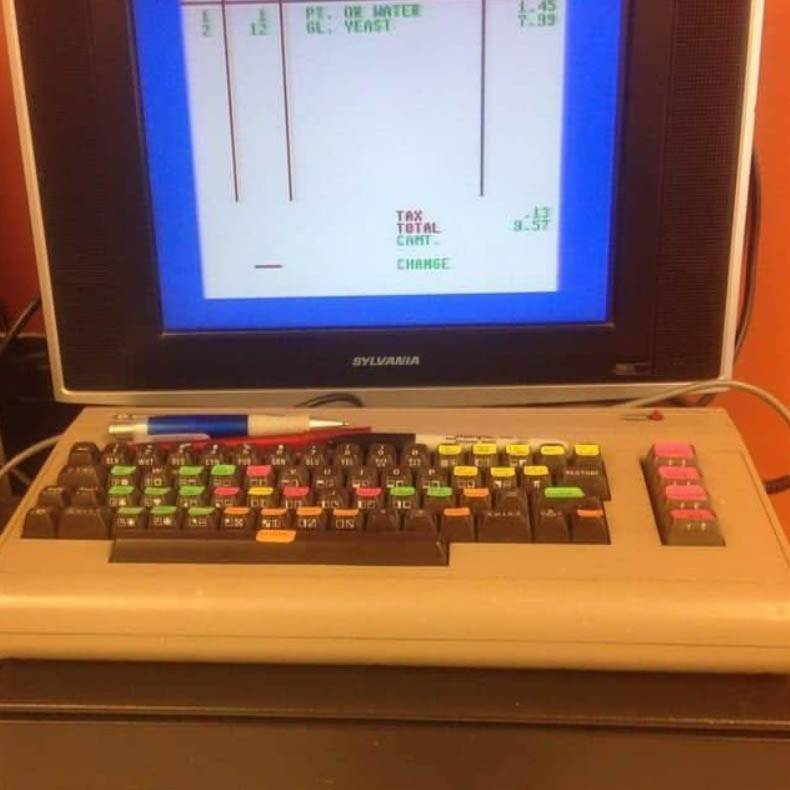 Image: x.com
Image: x.com
An Indiana bakery has used a Commodore 64 as its point-of-sale (POS) system since the 1980s. Affectionately nicknamed the "breadbox," this online cash register remains reliable, requiring only occasional keyboard label updates for new baked goods—a stark contrast to the frequent software updates plaguing modern POS systems.
Outdated Systems Managing Nuclear Arsenals
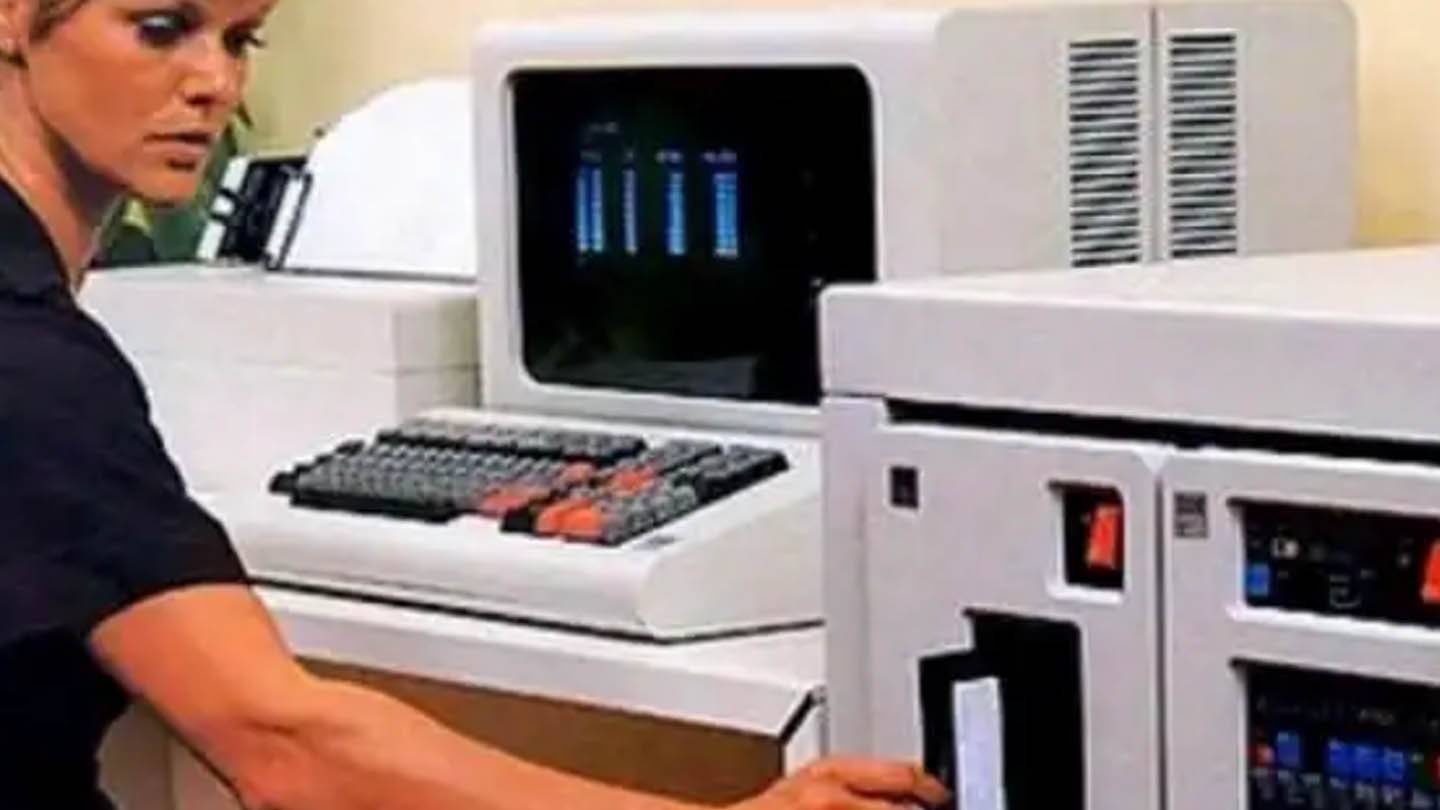 Image: x.com
Image: x.com
The United States manages part of its nuclear arsenal using a 1976 IBM computer and 8-inch floppy disks (around 80 KB of data—less than your average instant message!). While modernization is planned, the system's reliability keeps it running.
Similarly, Germany's Brandenburg-class frigates use 8-inch floppy disks. Built in the 1990s with cutting-edge weaponry, these ships rely on this outdated technology. Upgrades are underway (including floppy disk emulators), but nostalgia seems to play a role in keeping the original system around.
Windows XP Powers Multi-Billion Dollar Aircraft Carrier
 Image: x.com
Image: x.com
The British aircraft carrier HMS Queen Elizabeth, costing billions, runs on Windows XP—support ended in 2014. While the Royal Navy assures us security measures are in place, the reliance on such outdated software raises some eyebrows.
The same goes for Britain's Vanguard-class submarines (Victorious, Vigilant, and Vengeance), which use Windows XP for intercontinental ballistic missile management. These systems are offline for security reasons, with updates not planned until 2028.
Critical Airport Infrastructure Fails Due to Legacy Software
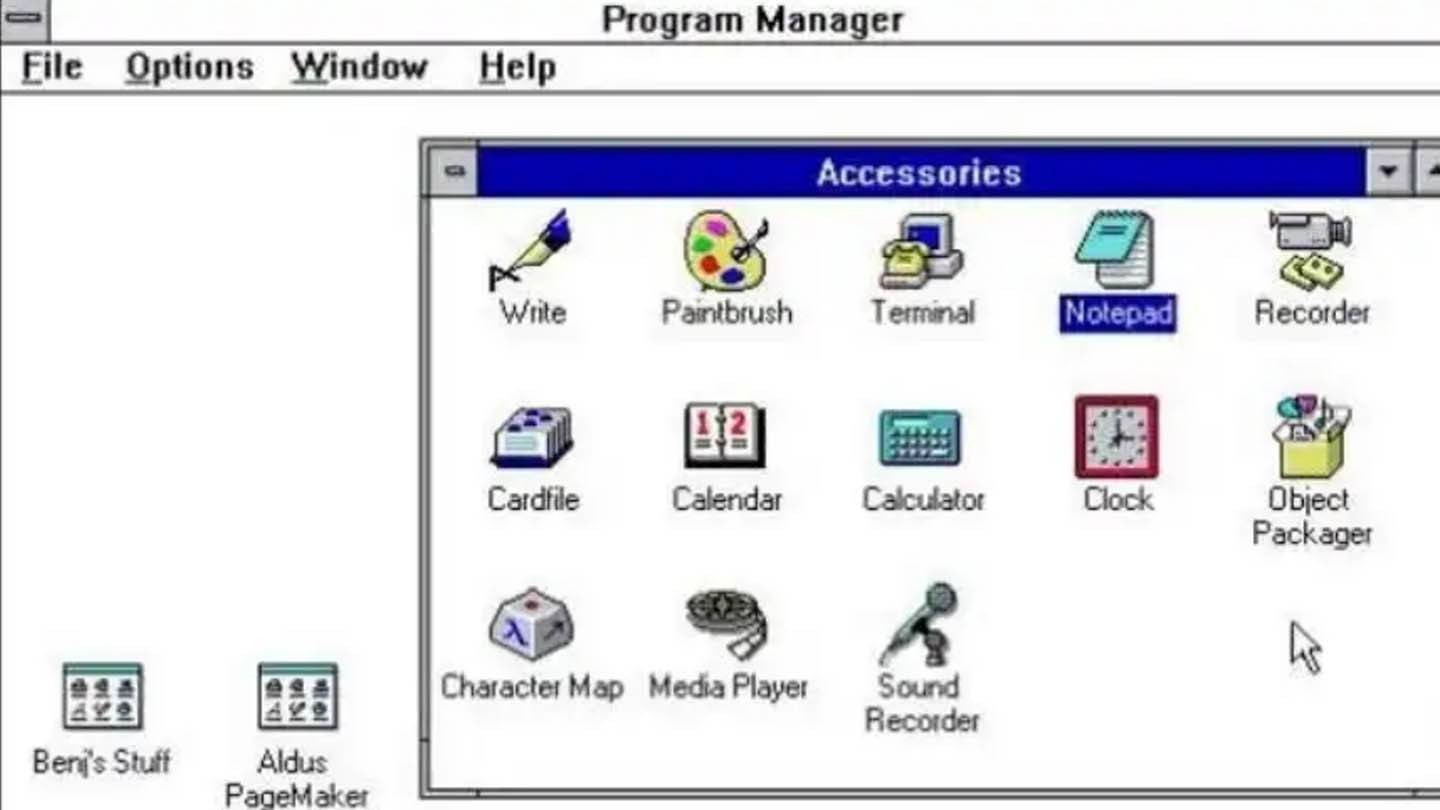 Image: x.com
Image: x.com
In 2015, Paris Orly Airport experienced a system failure when a computer running Windows 3.1 (1992!) crashed. The DECOR software, providing pilots with weather data, stopped working, causing flight suspensions. Some joked the computer simply wanted to upgrade to Windows 95.
Classic Hardware Used for Cutting-Edge Research
Retro computers, like the Commodore 64, are used in educational settings to teach programming basics and simulate simple physics experiments. Their simplicity makes them ideal for understanding fundamental computing concepts.
Nostalgia Keeps Old Systems Alive
Many organizations maintain legacy systems out of habit or nostalgia. Maintaining compatibility with existing workflows or avoiding costly upgrades keeps these familiar tools in use.
These examples highlight the surprising resilience of outdated technology. From gaming consoles mining cryptocurrency to ancient computers guiding global defense, legacy tech proves surprisingly reliable. While upgrades will eventually replace them, these devices remind us of the enduring value of simplicity and reliability.
-
 Jan 27,25Roblox: Bike Obby Codes (January 2025) Bike Obby: Unlock Awesome Rewards with These Roblox Codes! Bike Obby, the Roblox cycling obstacle course, lets you earn in-game currency to upgrade your bike, buy boosters, and customize your ride. Mastering the various tracks requires a top-tier bike, and thankfully, these Bike Obby codes deliver
Jan 27,25Roblox: Bike Obby Codes (January 2025) Bike Obby: Unlock Awesome Rewards with These Roblox Codes! Bike Obby, the Roblox cycling obstacle course, lets you earn in-game currency to upgrade your bike, buy boosters, and customize your ride. Mastering the various tracks requires a top-tier bike, and thankfully, these Bike Obby codes deliver -
 Feb 20,25Where to Preorder the Samsung Galaxy S25 and S25 Ultra Smartphones Samsung's Galaxy S25 Series: A Deep Dive into the 2025 Lineup Samsung unveiled its highly anticipated Galaxy S25 series at this year's Unpacked event. The lineup features three models: the Galaxy S25, S25+, and S25 Ultra. Preorders are open now, with shipping commencing February 7th. Samsung's web
Feb 20,25Where to Preorder the Samsung Galaxy S25 and S25 Ultra Smartphones Samsung's Galaxy S25 Series: A Deep Dive into the 2025 Lineup Samsung unveiled its highly anticipated Galaxy S25 series at this year's Unpacked event. The lineup features three models: the Galaxy S25, S25+, and S25 Ultra. Preorders are open now, with shipping commencing February 7th. Samsung's web -
 Jul 02,22Isophyne Debuts as Original Character in Marvel Contest of Champions Kabam introduces a brand-new original character to Marvel Contest of Champions: Isophyne. This unique champion, a fresh creation from Kabam's developers, boasts a striking design reminiscent of the film Avatar, incorporating copper-toned metallic accents. Isophyne's Role in the Contest Isophyne ent
Jul 02,22Isophyne Debuts as Original Character in Marvel Contest of Champions Kabam introduces a brand-new original character to Marvel Contest of Champions: Isophyne. This unique champion, a fresh creation from Kabam's developers, boasts a striking design reminiscent of the film Avatar, incorporating copper-toned metallic accents. Isophyne's Role in the Contest Isophyne ent -
 Jan 11,25Jujutsu Kaisen Phantom Parade: Tier List Revealed This Jujutsu Kaisen Phantom Parade tier list helps free-to-play players prioritize character acquisition. Note that this ranking is subject to change with game updates. Tier List: Tier Characters S Satoru Gojo (The Strongest), Nobara Kugisaki (Girl of Steel), Yuta Okkotsu (Lend Me Your Stren
Jan 11,25Jujutsu Kaisen Phantom Parade: Tier List Revealed This Jujutsu Kaisen Phantom Parade tier list helps free-to-play players prioritize character acquisition. Note that this ranking is subject to change with game updates. Tier List: Tier Characters S Satoru Gojo (The Strongest), Nobara Kugisaki (Girl of Steel), Yuta Okkotsu (Lend Me Your Stren
